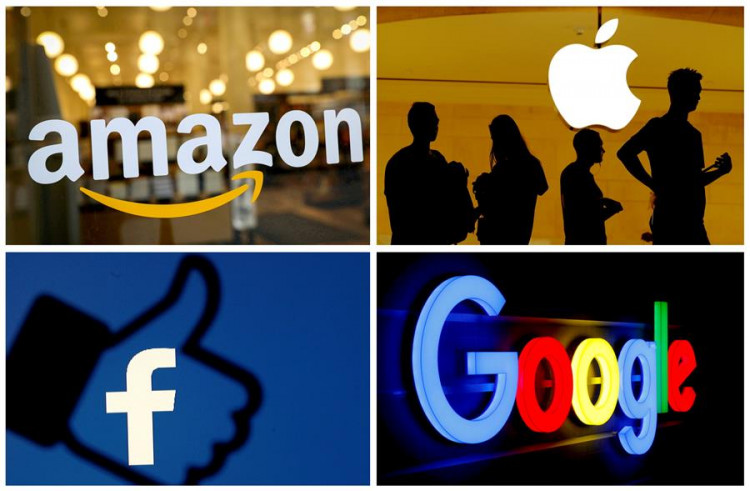As part of a last-ditch effort to prevent Congress from passing laws to limit their market power, Amazon and Alphabet are driving what is turning up to be the most intensive political campaign by corporate America in recent history.
The companies are pursuing a "self-preferencing" regulation that would prohibit huge web platforms from abusing their dominance in one industry to unfairly benefit other products - for example, Alphabet promoting its travel and shopping offerings through its Google search engine.
If the bill passes, it will certainly spur a wave of legislation aimed at strengthening America's competition laws, in what may be the most significant update to the country's antitrust laws in a generation.
According to a new Wall Street Journal report, groups representing the biggest names in tech, including Amazon, Facebook, and Google, have spent at least $36.4 million on an advertising campaign opposing antitrust legislation that would prohibit these companies and other platforms from favoring their own products and services over competitors since January 2021.
Data from AdImpact, an ad-tracking firm, reveals that the majority of the ad dollars, nearly $13.7 million, have been spent on television and internet advertising since May 1. According to the Journal, groups in favor of the measure have spent around $193,000 so far.
The Journal said the money was primarily split between industry trade groups and conservative-leaning organizations. The Consumer Technology Association and the Communications Industry Association are two of the trade associations, with Amazon, Alphabet parent Alphabet, and Facebook parent Meta among its members. The Taxpayers Protection Alliance and NetChoice are two conservative organizations.
These commercials have mostly been running in important states and districts where lawmakers may be hesitant on the bill. In general, these advertising portray the law as causing inflation, eroding America's competitive advantage versus China, or harming consumers and small companies.
The bill has been championed in the House by Rep. David Cicilline, a Democrat from Rhode Island. He labeled the bill's marketing and criticism "lies coming from Big Tech."
Supporters of the measure argue that larger technological platforms have too much influence and can easily drive out smaller competitors. They say that limits on these platforms are necessary to ensure that smaller businesses can compete.
Alphabet, Amazon, and Apple have all publicly stated their opposition to the law. Amazon wrote a blog last week denouncing the planned legislation. On Tuesday, Google released a blog in which it criticized the measure.
Meta hasn't made any public statements about the legislation.






